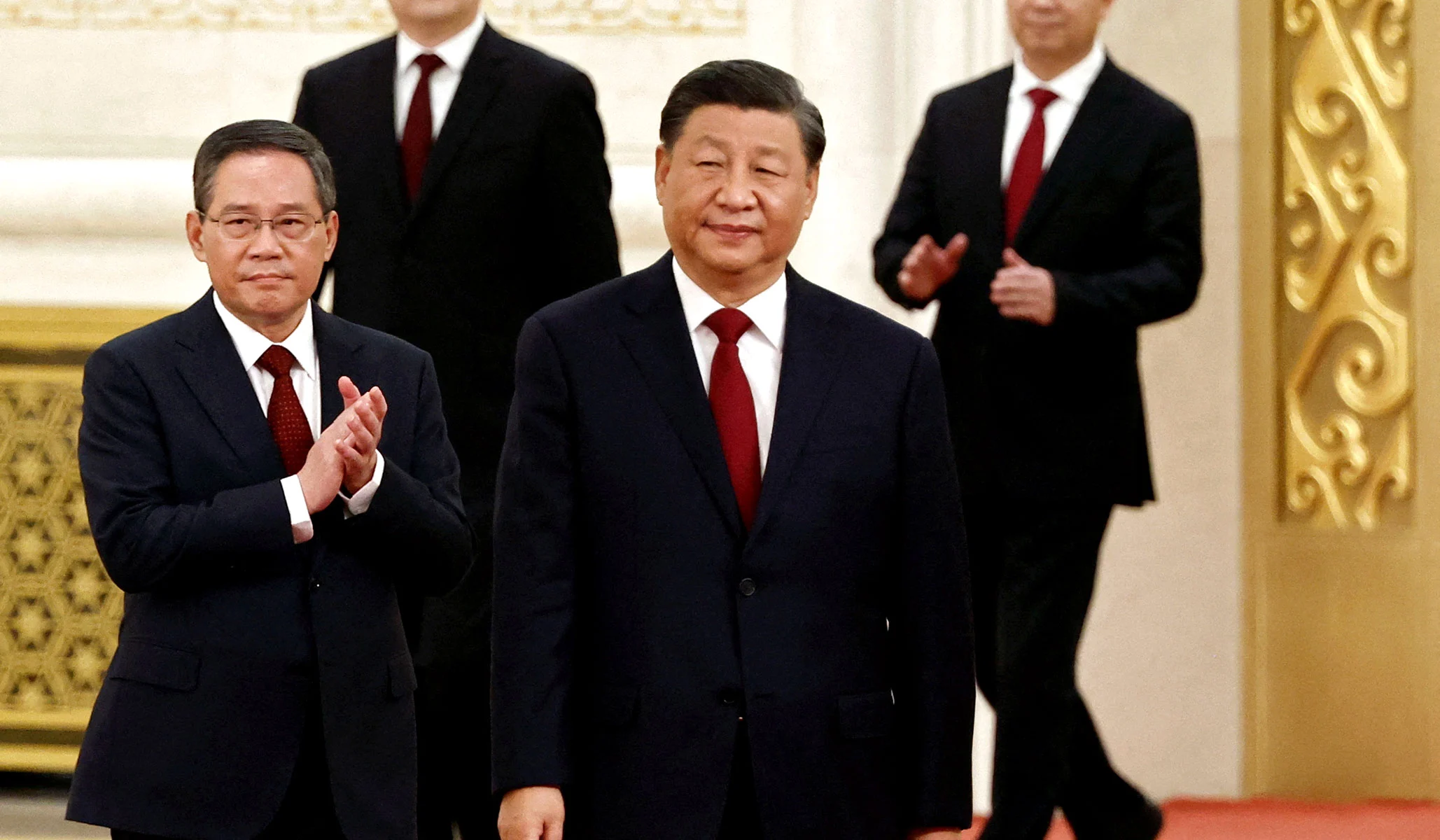A group of lawmakers and residents in Big Rapids, Michigan are fighting against the construction of a battery plant, despite its potential to create thousands of local jobs. While environmental concerns are a significant factor, opponents are also worried about the parent company, Gotion Inc., being owned by a Chinese firm that requires an in-house Chinese Communist Party (CCP) cell. While Gotion’s U.S.-registered entity is subject to U.S. law and not the CCP, Big Rapids residents are concerned that Beijing could manipulate the parent company, which could affect the Michigan plant for commercial or geopolitical purposes. This risk is not unique to Gotion or Chinese firms, as a growing number of U.S. businesses have party cells in their Chinese subsidiaries, which the CCP could use to intervene in businesses. Some companies have even amended their bylaws to require consultation with the party cell before making key business decisions. While many U.S. firms are reluctant to establish CCP cells, they know that displeasing the CCP could put their business operations in China at risk. The executive branch and Congress could prohibit U.S. companies from establishing CCP cells in their Chinese entities to decrease China’s influence through private entities in the U.S.

Lawmakers and residents in Michigan oppose construction of battery plant owned by Chinese firm
by
